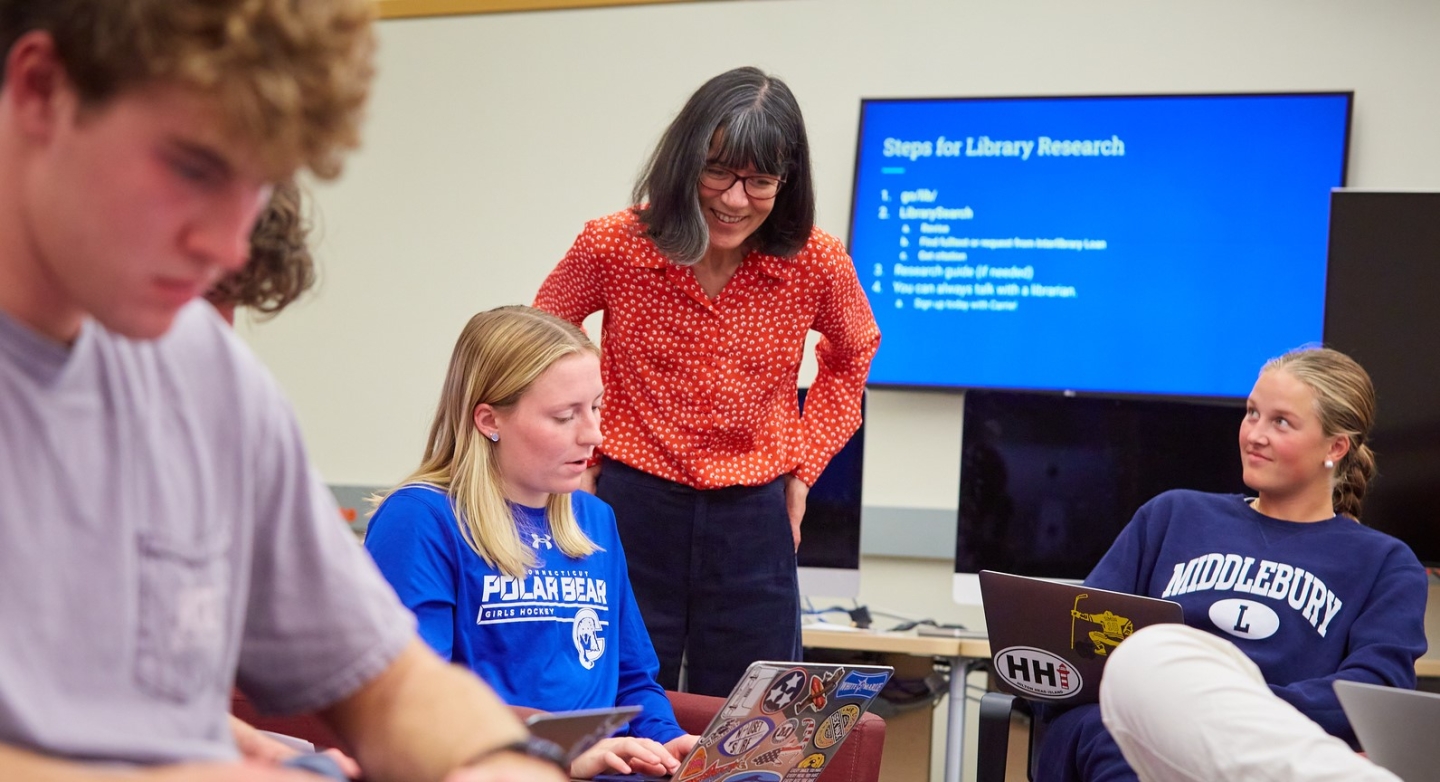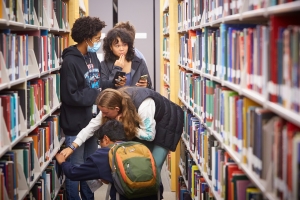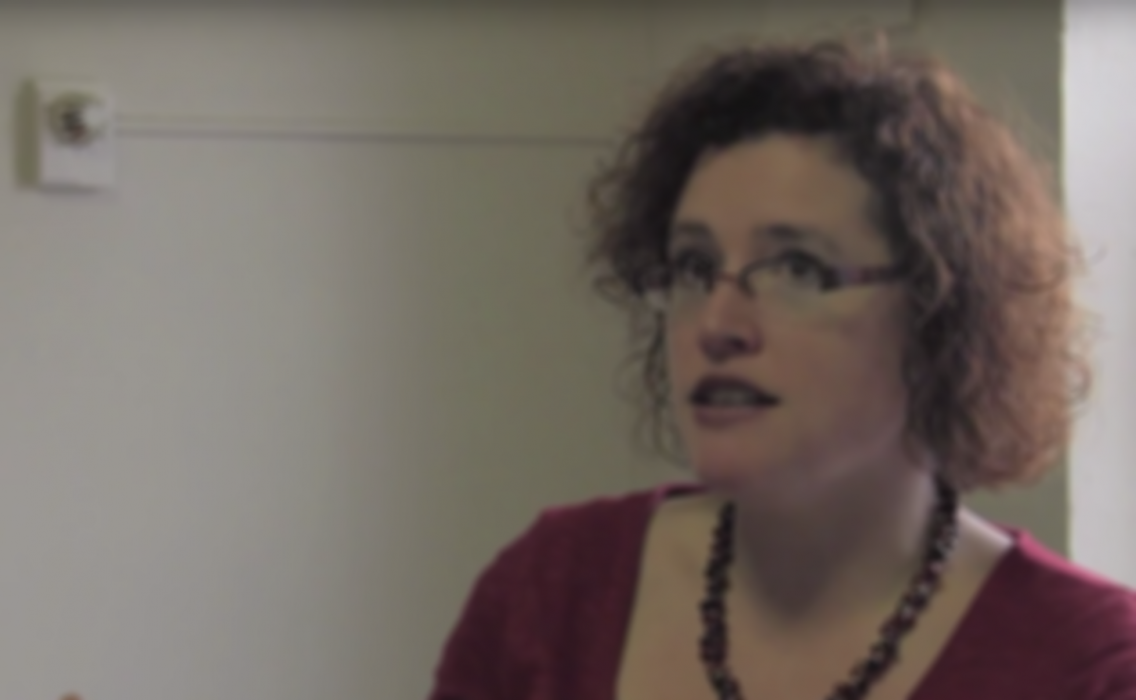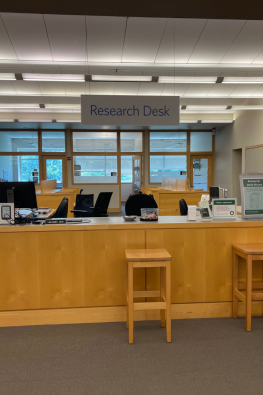
Infolit
A site for faculty to learn about information literacy, why it matters, and how faculty-librarian partnerships can help students become more information literate.
What Is Information Literacy?
Information Literacy is the set of integrated abilities encompassing the reflective discovery of information, the understanding of how information is produced and valued, and the use of information in creating new knowledge and participating ethically in communities of learning. (Association of College and Research Libraries Framework).
Reflective discovery
Finds information efficiently and effectively.
Ethical Participation
Understands the political, economic, and social conditions of information production and use.
Informed Creation
Understands affordances of various media for communicating
Critical Assessment
Finds information efficiently and effectively.
Why Do We Teach Information Literacy?
“Librarians really want to help. I’m not used to that!” —First-semester student
“My first-year seminar didn’t do research; we didn’t even have a paper at the end. So I’m at a loss for how to begin.” —Second-semester student
“Everyone should know about these resources!” —Fourth-year student
When students begin doing scholarly research, many of them have trouble finding relevant sources because they begin with Google. They’re not yet familiar with college libraries and college-level research techniques. We teach students about library resources and information literacy not only because we want students to succeed in your class, but also because we want them to succeed at college in general. Research shows that libraries can help students adjust to all aspects of college life. From reducing students’ library anxiety to increasing students’ social capital to improving students’ grades, inviting a librarian to a class may really make a difference.

Library workshops can help students learn how to do research.
What Do Faculty Say?
We’ve collaborated with faculty across all disciplines. Here are a few comments we’ve received about library workshops and Special Collections visits for first-year seminars, research methods courses, seminars, and other classes:
“My librarian is always striving to meet the students exactly where they are, but they also don’t want to hand-deliver everything to them. They want students to learn how to ‘fish’ for themselves.” —Professor of History
“Critical evaluation of literature is probably the most important take-home skill from the sessions.” —Professor of Neuroscience
“Even students who think they understand where and how to search leave the session better prepared for the literature review process.” —Professor of Psychology
“I think students are more comfortable signing up to meet our librarian once they meet them in class.” —Professor of Sociology
“An early meeting with our librarian is a standing part of my syllabus!” —Professor of Psychology
Why have your students do research?
We sat down with Dr. Shawna Shapiro to learn why research is an essential aspect of her classroom.
Brainstorm with a librarian
When you’re to start planning a research workshop, contact your library liaison.
Or, chat with any librarian at the Research Desk!
Research Desk
- Email:
- ResearchDesk@middlebury.edu
- Tel:
- (802) 443-5496
- Office:
- Davis Family Library



